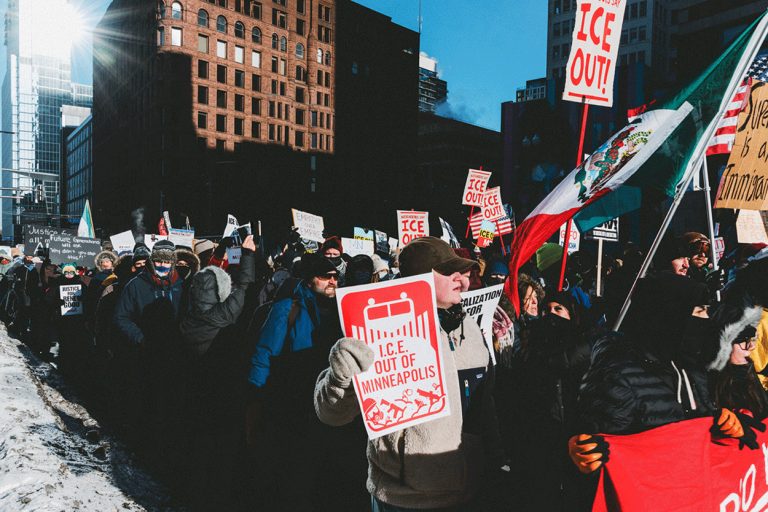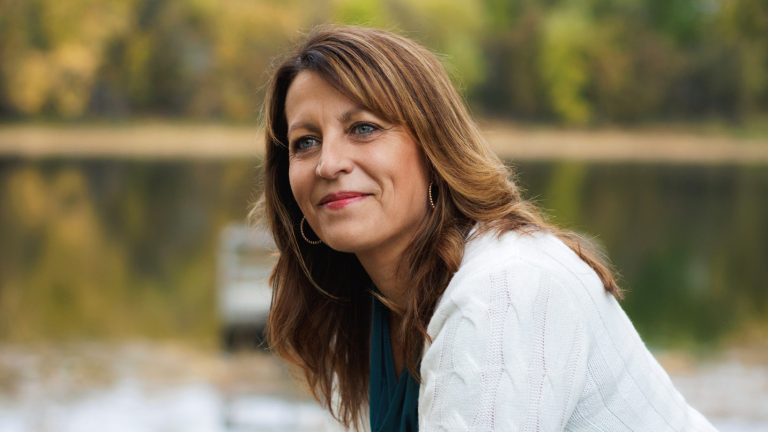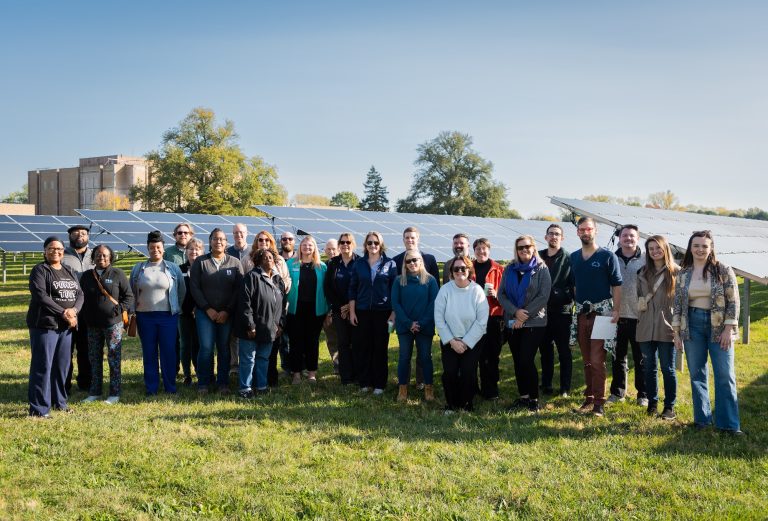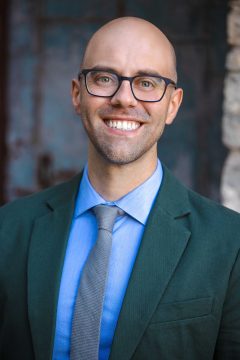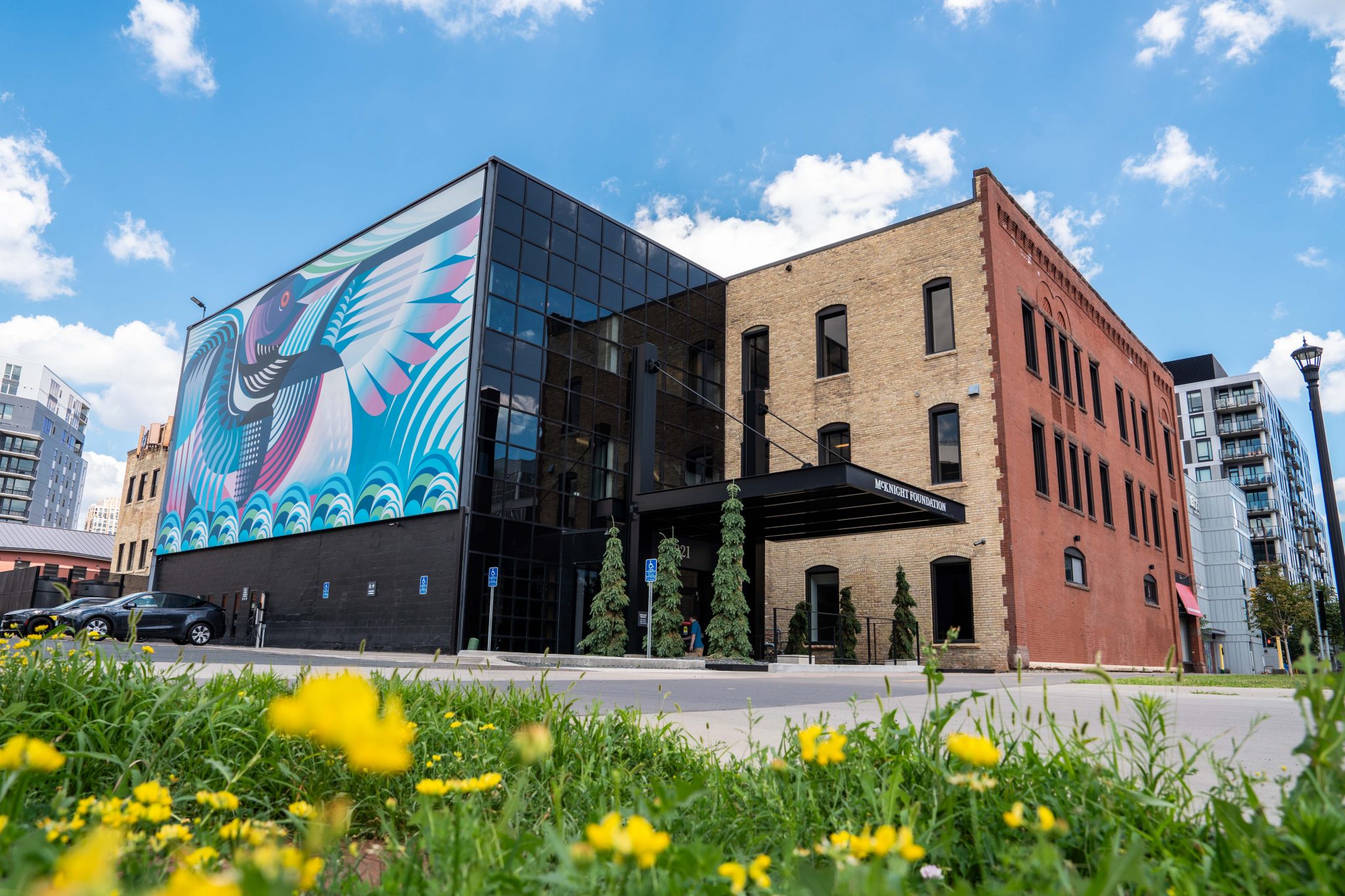
The Foundation’s new headquarters centers community, connection and sustainability and was recently awarded a national LEED Gold rating
(MINNEAPOLIS) September 18, 2025 — McKnight Foundation today will hold a ribbon-cutting ceremony for its new headquarters at 921 Washington Avenue South in downtown Minneapolis. By signing a 20-year lease, the philanthropic leader reaffirmed its long-standing commitment to the community.
McKnight’s renovated office was awarded LEED Gold. LEED (Leadership in Energy and Environmental Design), developed by the U.S. Green Building Council (USGBC), is the most widely used green building rating system in the world and an international symbol of excellence. Through design, construction and operations practices that improve environmental and human health, LEED-certified buildings are helping to make the world more sustainable.
“As we have been for nearly 75 years, McKnight is proud to stay rooted in our community with a new office that is a physical manifestation of our mission to benefit people and our planet,” said McKnight Foundation board chair Ted Staryk. “By investing in a historic building near the heart of downtown Minneapolis, we are both honoring our past and setting the stage for a promising future with the community we serve.”
In lieu of pursuing new construction, the Foundation chose to renovate and reinvigorate a historic building—the office comprises four connected structures, the oldest of which were erected in 1883 and 1890, that housed businesses serving the growing city’s milling district.
This approach allowed McKnight to advance its environmental goals in the remodel and invest in a culturally significant corridor in the city’s Downtown East neighborhood, demonstrating how tenants can lead on sustainability and community impact. McKnight has previously invested in historic spaces with its 2003 move into the Washburn A Mill complex as an anchor tenant above the Mill City Museum.
“This is more than just an office—it’s a hub for changemakers,” said Tonya Allen, president of McKnight Foundation. “We designed a space where people from all backgrounds can come together to collaborate and get big things done to improve lives in our community and around the world. We’re showing how building owners and tenants alike can express their values and live out their missions through the built environment.”
In its previous headquarters, McKnight provided complimentary event space for more than 3,000 state, national, and global nonprofit partners and leaders annually. Just a five-minute walk from its former office, the larger space expands McKnight’s ability to host even more dedicated changemakers. In the four months since opening, the Foundation has already welcomed 2,000 people working on a wide range of important issues: expanding support for local journalism and artists, creating wealth-building opportunities for residents and businesses, and growing green jobs and clean energy projects.
McKnight’s new headquarters, which is fully ADA compliant, showcases sustainable building approaches, aligning with their Midwest Climate & Energy program and grantee partners such as Sabathani Community Center, Historic Coliseum Building, and the Minneapolis American Indian Center that are creating vibrant community hubs while reducing pollution.
“The work of innovative building projects like McKnight Foundation is a fundamental driving force in transforming the way our buildings are built, designed and operated,” said Peter Templeton, president and CEO, USGBC. “Buildings that achieve LEED certification are lowering carbon emissions, reducing operating costs and conserving resources while prioritizing sustainable practices and human health. Because of the McKnight Foundation, we are increasing the number of green buildings and getting closer to USGBC’s goal to outpace conventional buildings, while being environmentally and socially responsible and improving quality of life for generations to come.”
Among the standout features are a fully electric heating and cooling system that eliminates fossil fuels and lowers energy demand—even through Minnesota’s extreme seasons—using thermal energy storage tanks that heat and cool the building using ice, complemented by heat pumps and solar heating.
A direct-pay $1.5 million federal tax credit through the Inflation Reduction Act helped finance the energy-efficient system—one of Minnesota’s first tenant-led clean energy deals. Using healthy, sustainable building materials and reclaimed elements resulted in diverting more than 75% of landfill construction waste and avoiding more than a ton of fossil-fuel-derived plastic from landfills.
Additional green and wellbeing features include low-carbon commuting options with easy transit access, bike paths and parking, electric vehicle charging, prayer and wellness rooms, all-gender restrooms, and ample natural light. A new in-house creative studio enables staff and nonprofit partners to produce multimedia content to tell powerful stories.
A highly visible exterior mural wall, facing U.S. Bank Stadium, will provide a rotating canvas for Minnesota artists and culture bearers, connecting the building to McKnight’s Arts & Culture program, which has funded artists and the arts and cultural ecosystem of Minnesota for 50 years. The first artist or team of artists to be featured will be announced in Fall 2025.
Partnerships with a diverse team of local businesses helped realize the 50,000-square-foot transformation: 5 by 5 Design, Atomic Data, Avisen Legal with Crowe, Dunham Associates, FORTÉ, Greiner Construction with Action Construction Services, Habitable, Hunt Electric, KimbleCo, Loucks, Modern Heating & Air, NAC Mechanical & Electrical Services and APi Group, Parameters, Ideal Workplace Solutions, Reigstad Engineers, Studio BV with Mobilize Design & Architecture, Trane, and others.
McKnight’s current and previous offices are located on the ancestral and present-day homelands of the Dakota people, including Owámniyomni, or St. Anthony Falls, a sacred place for Dakota. “With McKnight Foundation’s focus on advancing justice, climate solutions, and vibrant communities, we celebrate not only their new space in this neighborhood but the correlation between their work and our vision for reclaiming Owámniyomni as a place of healing, beauty and belonging for everyone,” said Shelley Buck, President of Owámniyomni Okhódayapi. McKnight supported the organization in initiating the restoration of St. Anthony Falls as Owámniyomni. The organization is working in close coordination with Minnesota’s four Dakota Tribes to reclaim five acres of land at Owámniyomni and transform the site into a place of healing, connection, and education that honors Dakota history and living culture.
Learn more about McKnight’s offices, including partner voices, sustainability, inclusive design, building history, and more at www.mcknight.org/about/offices/921-washington.
About McKnight Foundation: McKnight Foundation, a Minnesota-based family foundation, advances a more just, creative, and abundant future where people and planet thrive. Established in 1953, the McKnight Foundation is deeply committed to advancing climate solutions in the Midwest; building an equitable and inclusive Minnesota; and supporting the arts and culture in Minnesota, neuroscience, and global food systems. Since its founding, McKnight has granted more than $3.26 billion to over 4,000 organizations. Learn more at www.mcknight.org/about.
